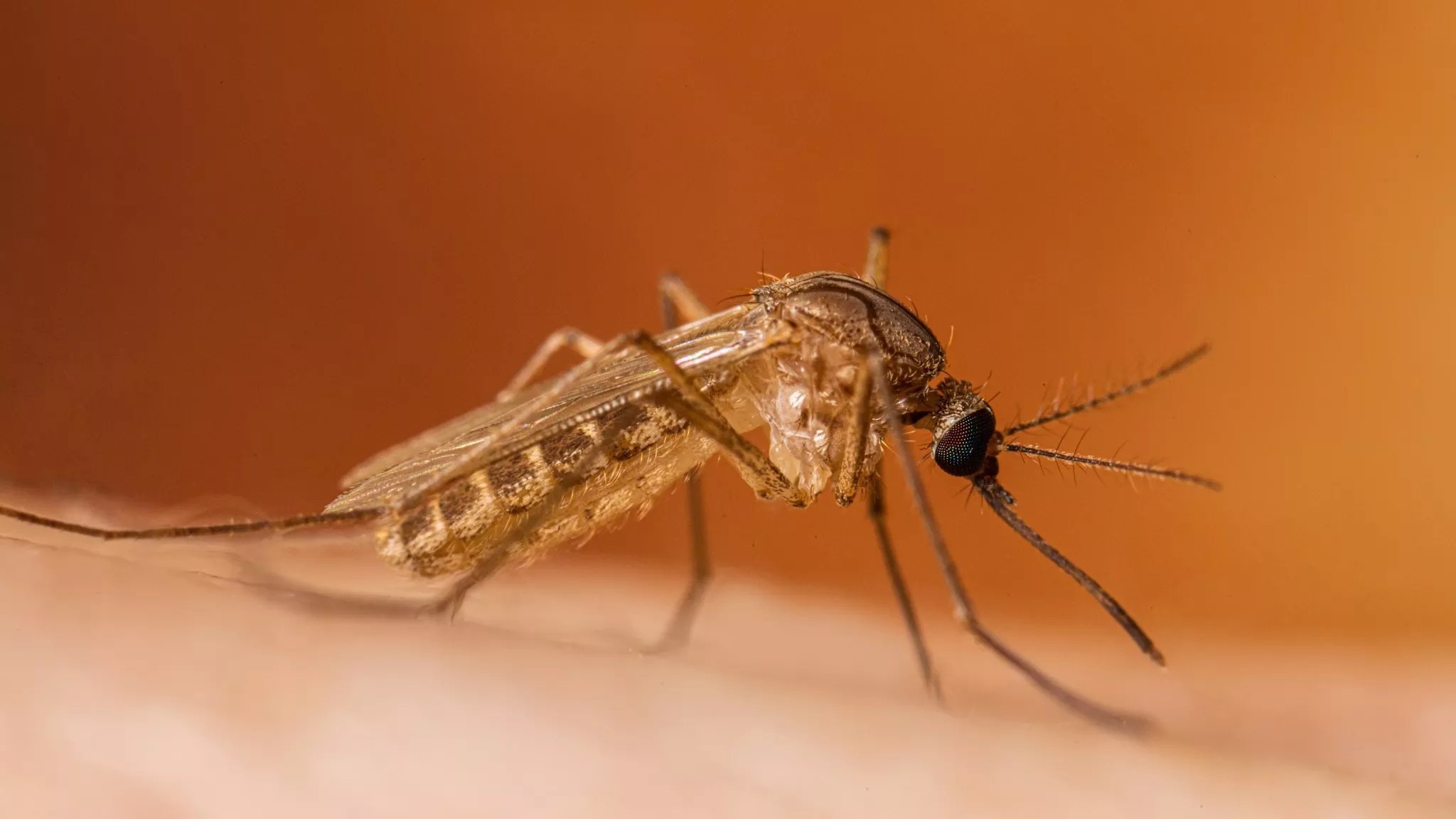
Centers for Disease Control

Audio By Carbonatix
Colorado has recorded cases of West Nile virus every year since 2002, though since the state doesn’t see many mosquitoes, it hasn’t seen many cases of West Nile virus, which is most commonly spread through infected mosquitoes.
Until now.
In 2023, when the state had a very wet spring, Colorado experienced the worst West Nile virus outbreak in the U.S. and one of the deadliest years for West Nile since the mosquito-borne illness arrived in the U.S. back in 1999. According to the Colorado Department of Public Health and Environment, last year Colorado recorded 634 cases across forty counties, and 386 people were hospitalized. In contrast, California had a total of 433 cases, nineteen of them fatal. Fifty-one people died in Colorado…and Rick Enstrom came close.
Last fall, the local businessman spent months at Craig Hospital, where one of his favorite places to roll his wheelchair was “the walkway between the two buildings at Craig,” he remembers. “When I could tell there was a new guy, I’d pull up and go, ‘What are you in for?’ We’d start talking, and I’d say, ‘Let me tell you how I got in here. I got a mosquito bite.’ Invariably, they’d say, ‘A fucking mosquito bite?’ And I’d say, ‘Yeah, a mosquito bite.'”
Colorado recorded its first 2024 case of West Nile virus in late June, and has since tallied six more, with four requiring hospitalization. And now the Denver Department of Public Health & Environment has confirmed the first case of West Nile in Denver this year.
How do you get West Nile virus?
Most people get West Nile virus from the bite of an infected mosquito. Mosquitoes become infected when they feed on infected birds; infected mosquitoes can then spread the virus to humans and other birds. The season generally runs from June into September.
In a small number of cases, West Nile virus has been spread through blood transfusions, organ transplants and from mother to baby during pregnancy or at the time of birth.
Who is at risk for infection with West Nile virus?
Anyone living in an area where West Nile virus is present in mosquitoes can get infected. The risk of infection is highest for people who work outside or participate in outdoor activities, because of greater exposure to mosquitoes.
People of any age can get West Nile virus. However, people over fifty are at the greatest risk for severe disease. People with certain medical conditions such as cancer, diabetes, hypertension and kidney disease, and people who have received organ transplants, are also at greater risk for serious illness.
What are the symptoms of West Nile virus?
Most people infected with mosquito-borne viruses don’t get sick. For people who do, the time between the mosquito bite and the start of symptoms can be from two to fourteen days. According to the DDPHE, common symptoms include fever, extreme fatigue, headache and body aches; on some cases, symptoms may also include skin rashes and swollen lymph nodes.
In rare cases, the virus can cause a serious brain infection such as meningitis or encephalitis, according to the DDPHE. These infections begin suddenly with high fever and headache and may progress to stiff neck, disorientation, tremors and coma; severe infections can result in permanent brain damage or death.
How can you avoid West Nile virus?
According to the Colorado Department of Public Health, the most effective way to prevent West Nile virus disease is to prevent mosquito bites. To protect yourself, the agency advises:
Use insect repellents when you go outdoors. Repellents containing DEET, picaridin, IR3535, and some oil of lemon eucalyptus and para-menthane-diol products provide the best protection. (Beware if you’re going to an outdoor venue that prohibits cans, like Levitt Pavilion!) Limit outdoor activities at dusk and dawn, when mosquitoes that carry West Nile virus are most active.
Wear protective clothing (long pants, long-sleeved shirts and socks) in areas where mosquitoes are active. Spray clothes with insect repellent for extra protection.
As the DDPHE notes, “There is currently no treatment, cure or vaccine for West Nile virus, but medical professionals can provide supportive care to alleviate symptoms and aid recovery.”